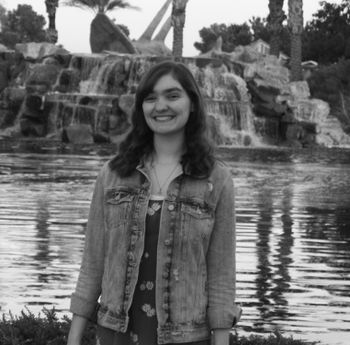WATCH: 'Secular progressive' curriculum is hurting public education
Founder and CEO of the Classic Learning Test (CLT) Jeremy Wayne Tate discusses the differences between classical education and what he calls the 'secular progressive' model pervasive in public schools today.
The education model represented by the CLT, in many ways, gets back to how America’s founders thought about schooling, Tate says.
Founder and CEO of the Classic Learning Test (CLT) Jeremy Wayne Tate sat down with Campus Reform Correspondent Katelynn Richardson to discuss the differences between classical education and what he calls the “secular progressive” model pervasive in public schools today.
The CLT, an alternative to standardized tests like the SAT and ACT, has grown in popularity since its launch in 2015. The company estimates over 200 colleges accept the test results and recently released a list of the top 20 colleges where students most frequently send scores.
Many of the top CLT institutions, like Hillsdale College and Baylor University, also rank high in Campus Reform’s campus profile series for free speech and political diversity among employees.
Some of the universities were also featured in Managing Editor Zachary Marschall’s article on how conservative students and families can find the right college.
[RELATED: MARSCHALL: How conservative students and families can find the right college]
Tate believes that the CLT is important because standardized tests often drive curriculum.
“When a student goes to take the SAT and the ACT, what are they actually reading? Part of what has happened is these companies have what is called ‘sensitivity committees’…the idea is you shouldn’t put anything offensive in front of students,” he told Campus Reform.
“You end up with the most random, meaningless passages imaginable on the most important test that students ever take…boring passages about mustard, or actually a vacuum cleaner manual, or penguins in Antarctica,” he explained.
The CLT aims to present students with time-tested authors like John Locke, Frederick Douglass, and Plato.
The education model represented by the CLT, in many ways, gets back to how America’s founders thought about schooling, Tate says.
“Education for them meant transmission,” he said. “It was a transmission of a body of knowledge, a transmission as well of cultural and moral values.”
“There was a connection that has long been the case in classical education [between] human freedom and being a person of good moral character. There’s this paradox, that with the disciplines, actually comes more freedom,” he explained.
It’s a vision of education that has been lost in most schools today. As a teacher, Tate used to ask his students what they believed the purpose of schooling to be.
“Almost every student would say, ‘to get a better job.’ That’s really depressing to think about,” Tate said. “What I would do then is I would write on the chalkboard, ‘The object of education is to learn to love what is beautiful.’”
[RELATED: U of Austin to teach ‘Forbidden Courses’ this summer]
Increasingly, parents and teachers are viewing classical education as the best way to counter the decline that Tate says has been happening slowly over the past century.
“This movement is rapidly scaling, the classical renewal movement,” Tate said. “Hundreds of thousands of students every year are being pulled out of the public school system and are being put into a classical charter, or Catholic school, or Christian school, or homeschool.”
Tate sees the same shift happening in higher education. While some liberal arts colleges are seeing drops in enrollment, he says there are others, like Grove City College and Dallas Baptist, that are gaining students.
“More colleges are going to be launching as other colleges close,” he said. “I think the ones that are launching are actually going to be championing this older vision of education as human formation.”
Watch the full interview above.
Follow @katesrichardson on Twitter

